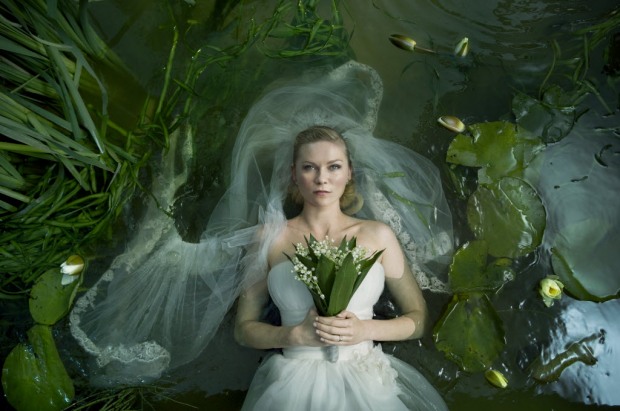If John Keats is right that “Beauty is truth, truth beauty,” Justice
Antonin Scalia’s crafted dissent must be truer than Justice Anthony Kennedy’s
flat majority opinion. His language is sharp and highly metaphorical as he
argues that the majority opinion is “diseased,” leading not to order and health
but to a cancerous chaos. Here
are a few of his most literary lines:
The root error of the Court’s erroneous decisions, Scalia writes, is its
“diseased” exaltation of its own role:
“The Court’s errors on both points spring forth from the same diseased root: an exalted conception of the role of this institution in America.”This, in turn, has caused the Court to diminish the Constitution, viewing it, Scalia writes, as “a technicality of little interest”:
“The Court is eager—hungry—to tell everyone its view of the legal question at the heart of this case. Standing in the way is an obstacle, a technicality of little interest to anyone but the people of We the People, who created it as a barrier against judges’ intrusion into their lives.”
Scalia extends his “diseased” metaphor as he examines, in his view, the
Court’s superfluous decision to even hear the case, which he later
characterizes as a “contrivance”:
“But wait, the reader wonders—Windsor won below, and so cured her injury, and the President was glad to see it. True, says the majority, but judicial review must march on regardless, lest we ‘undermine the clear dictate of the separation-of-powers principle that when an Act of Congress is alleged to conflict with the Constitution, it is emphatically the province and duty of the judicial department to say what the law is.’”Thus, we have the image of a “diseased” court “healing” the healthy.










.jpg)






.jpg)